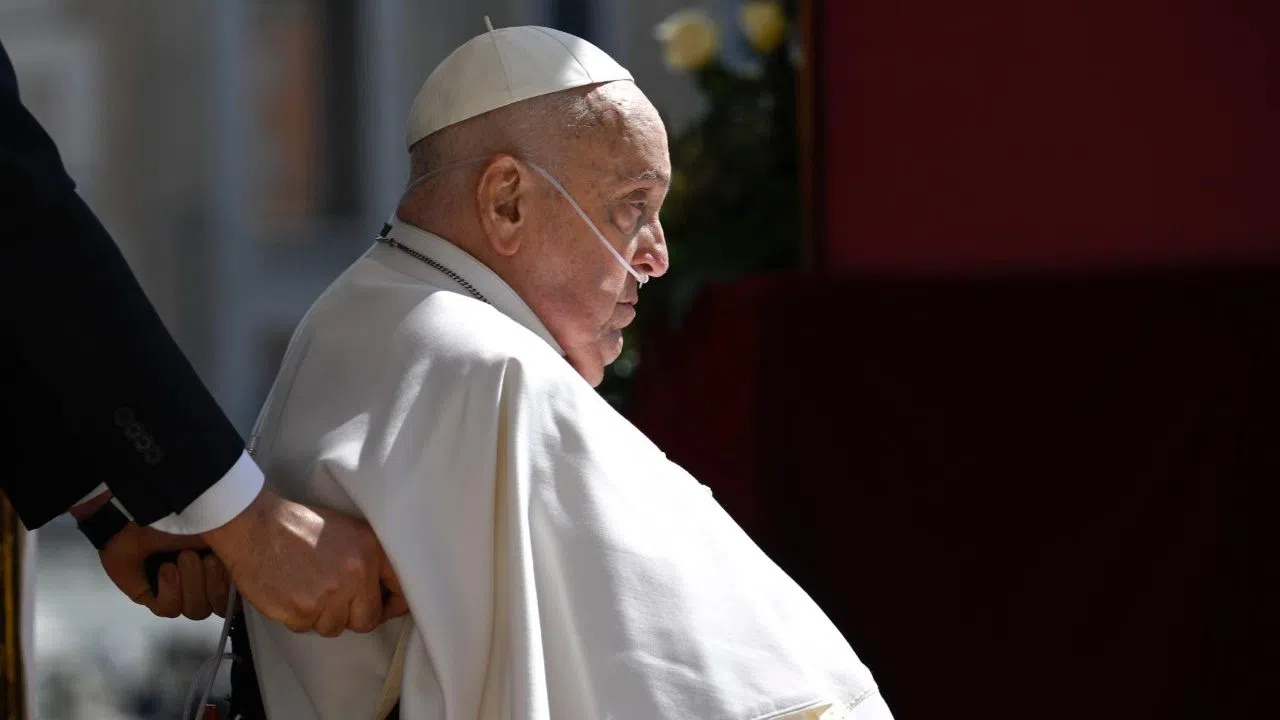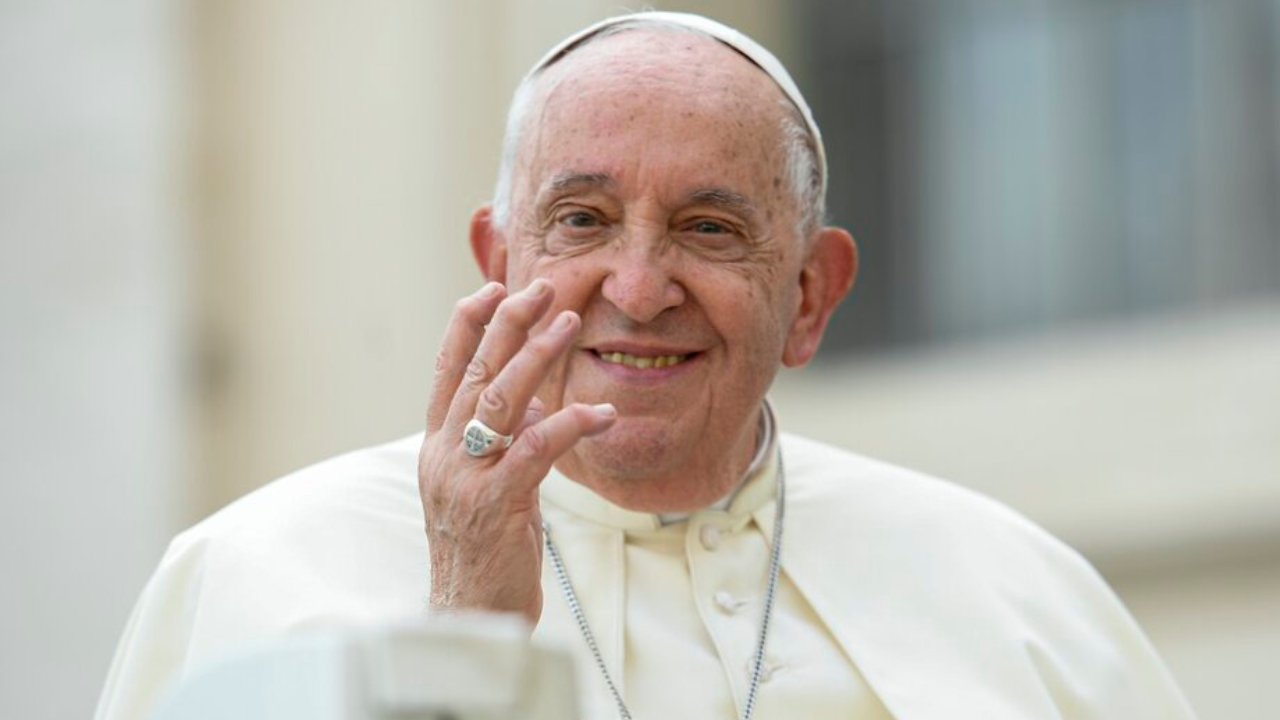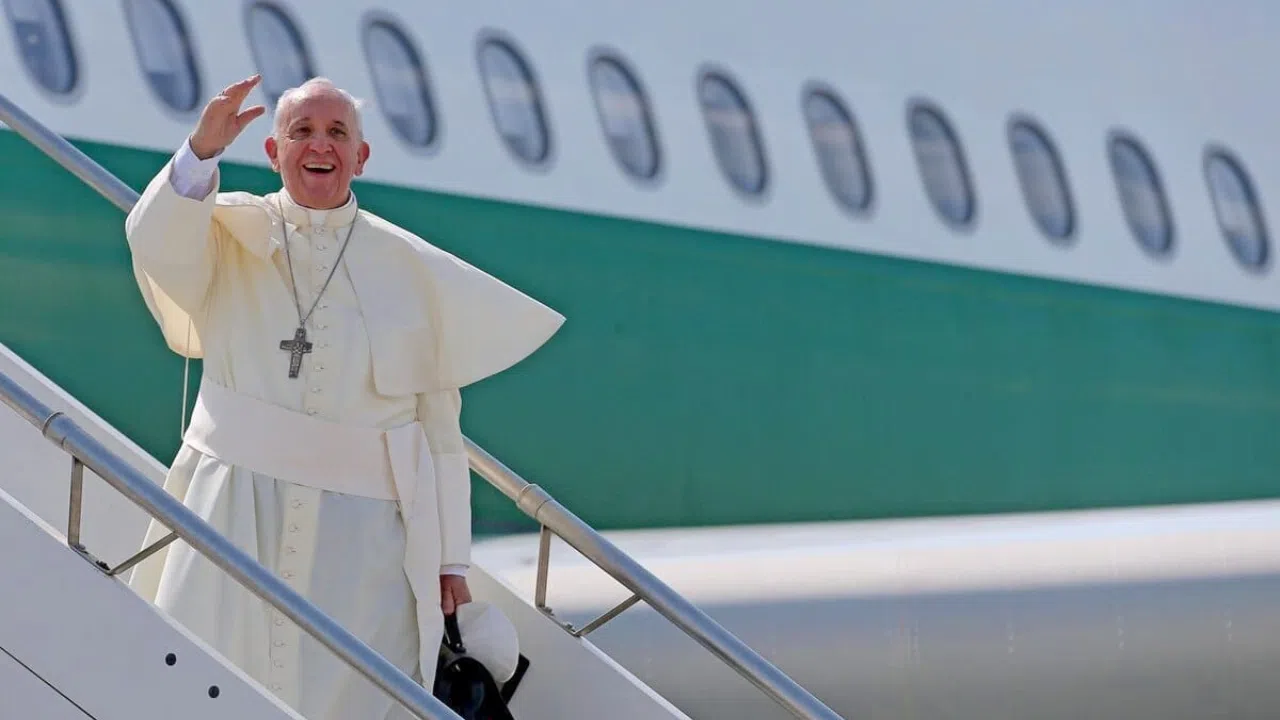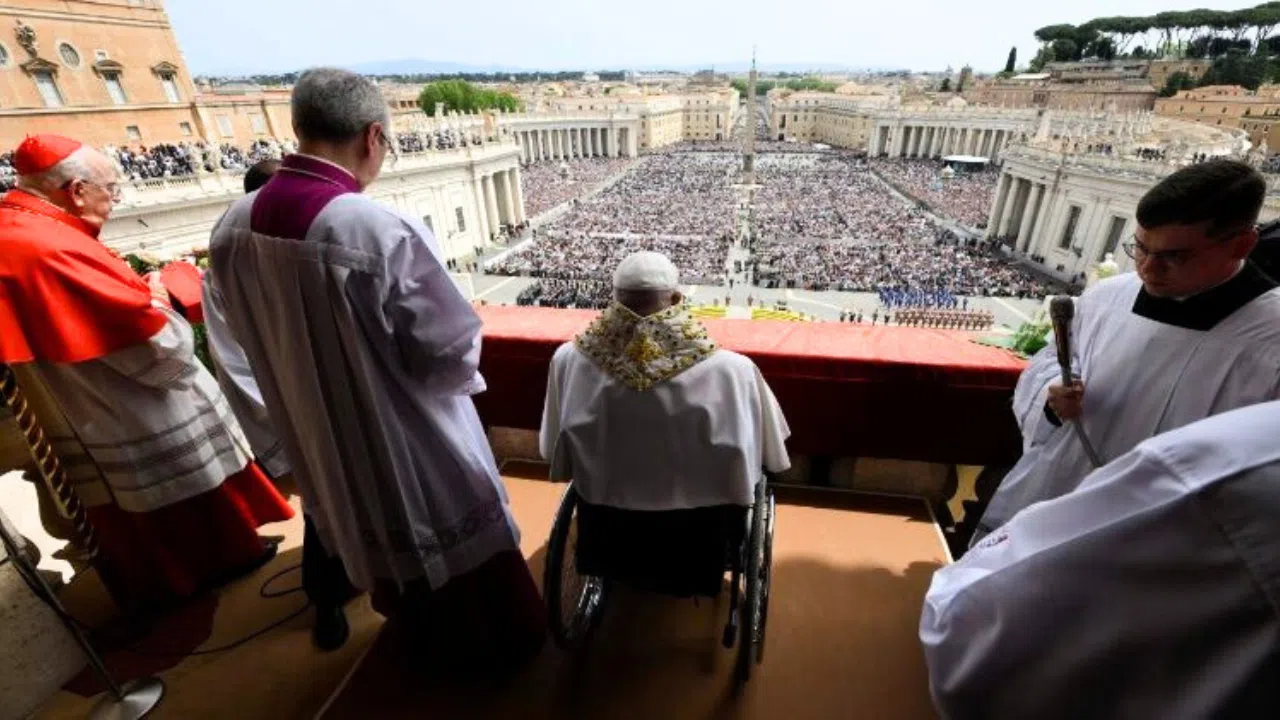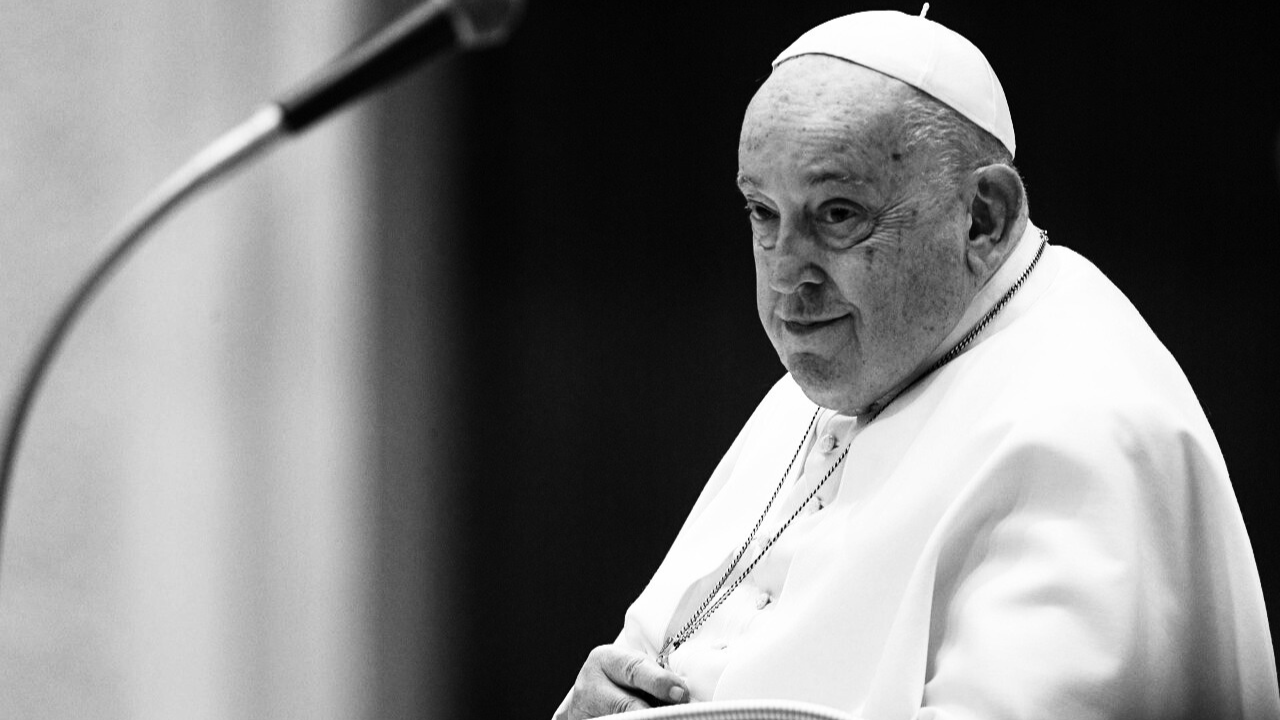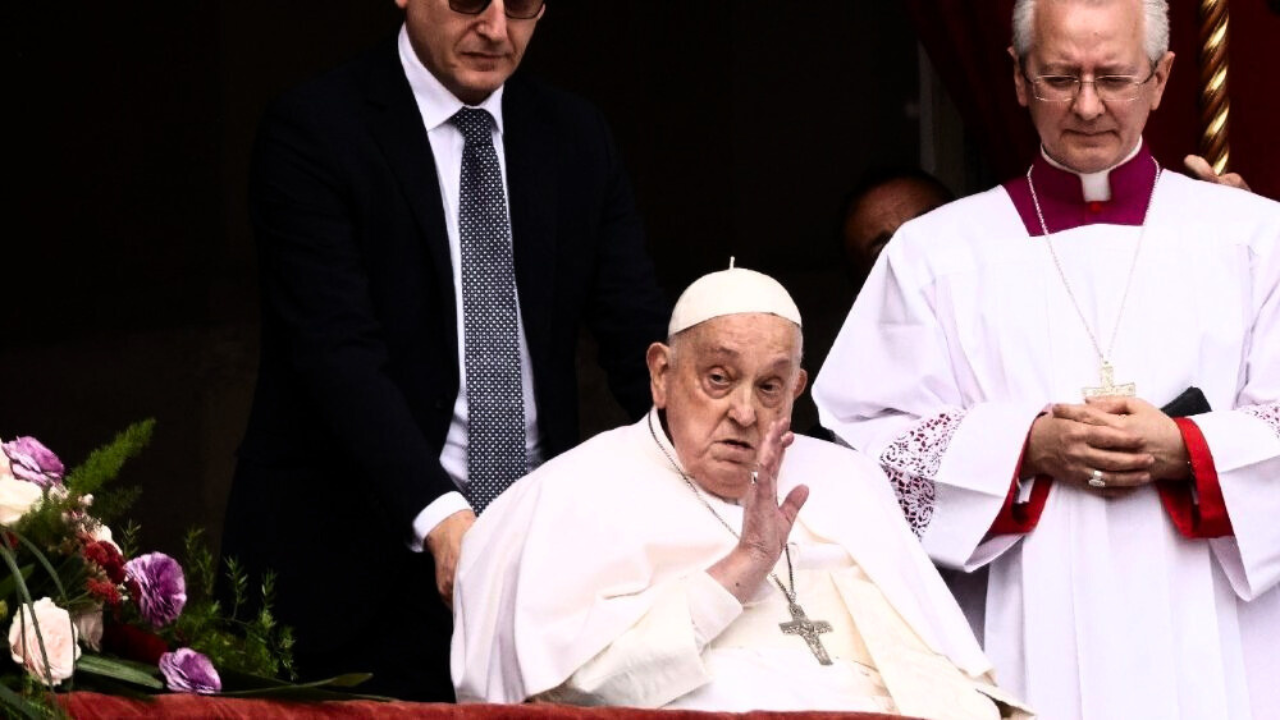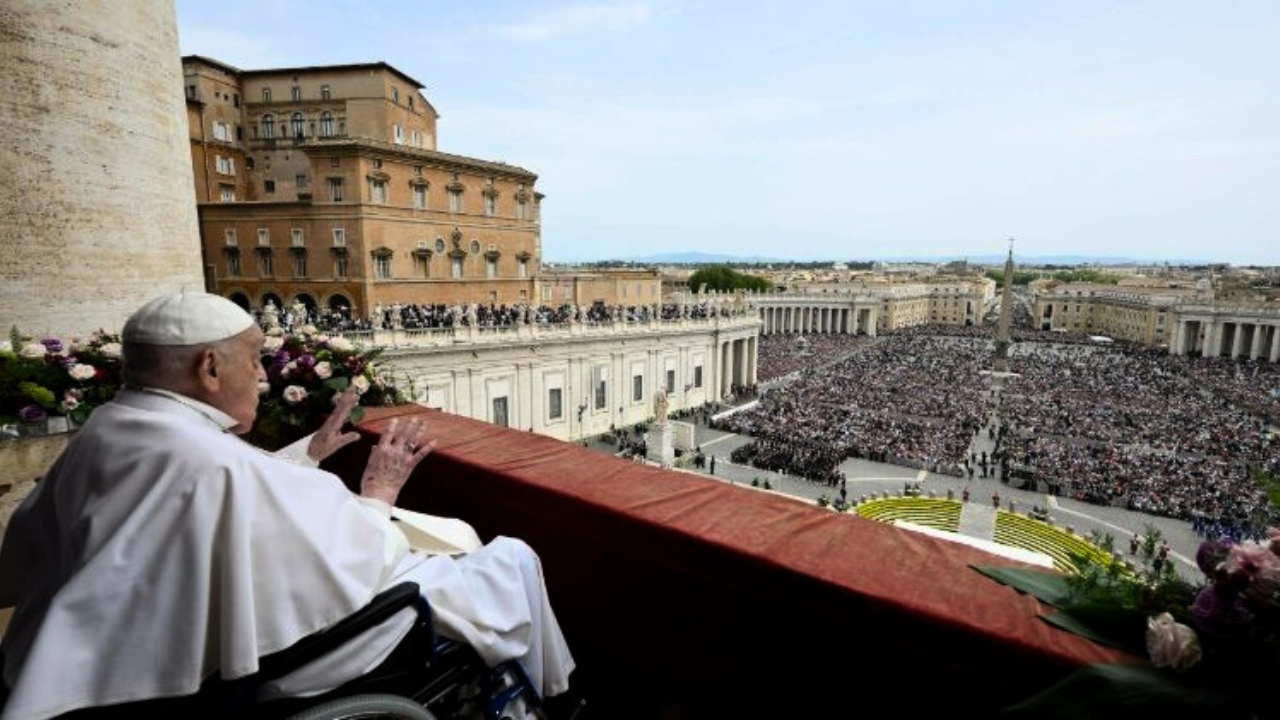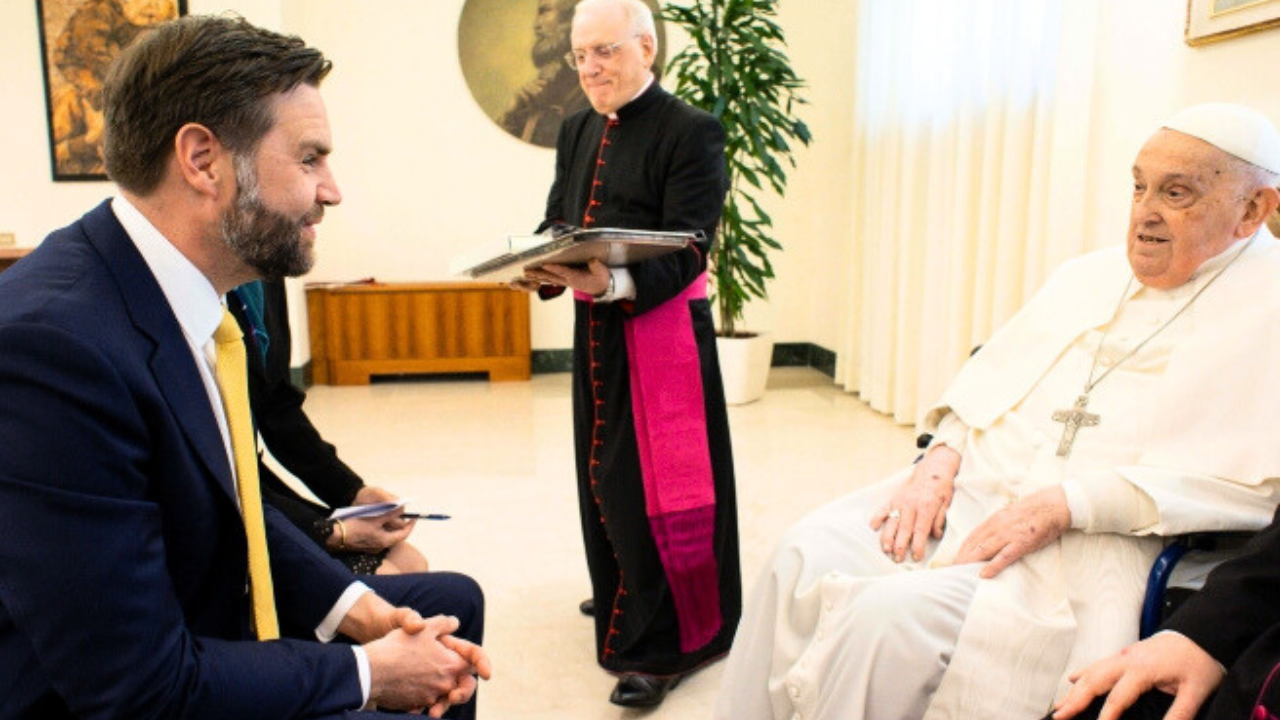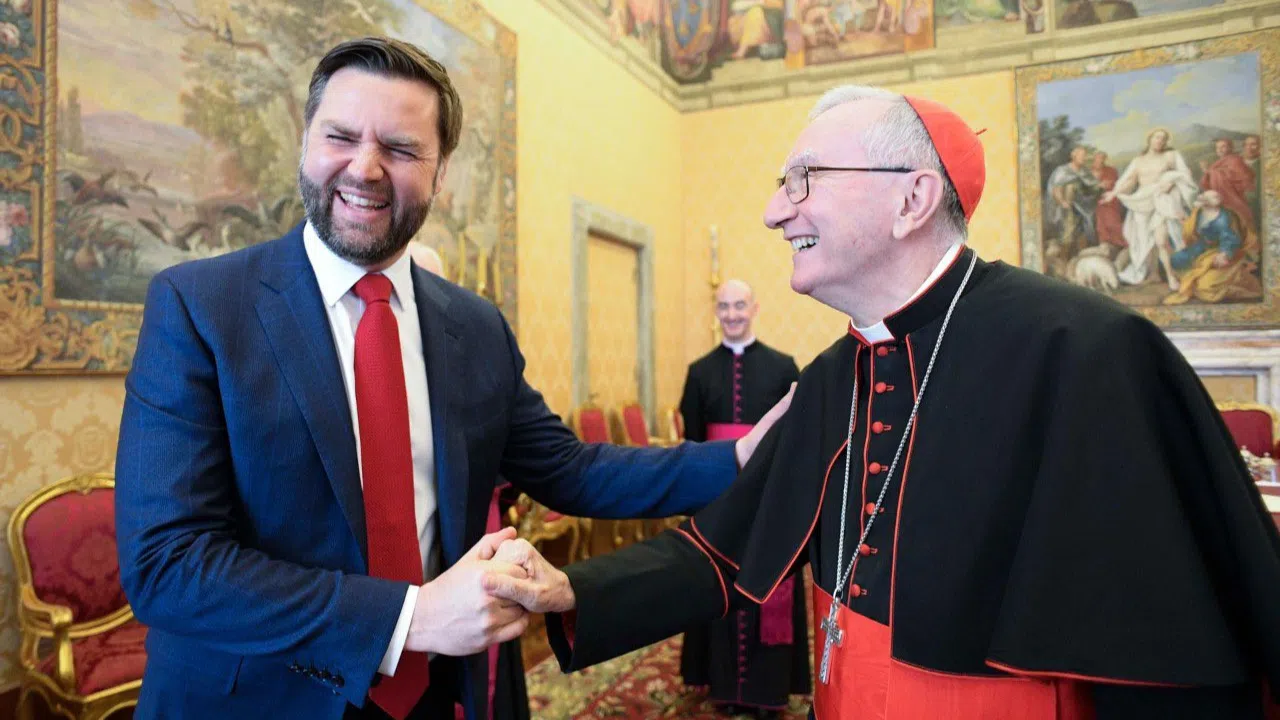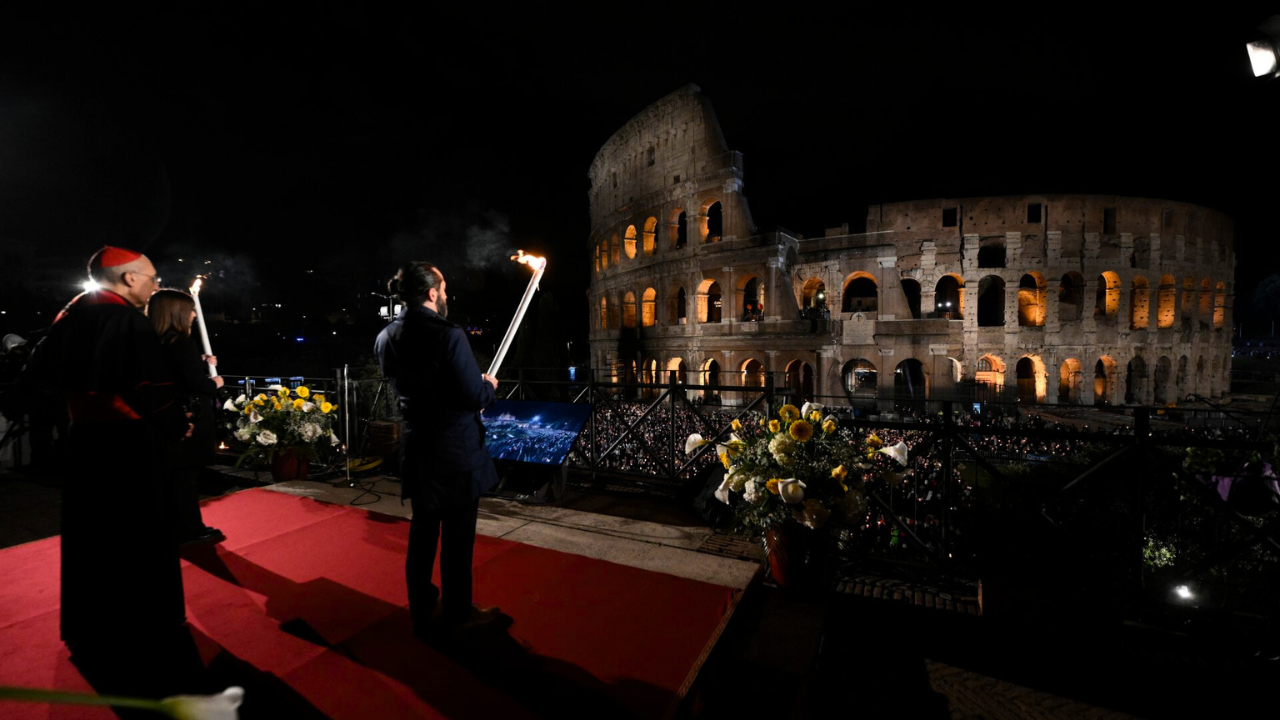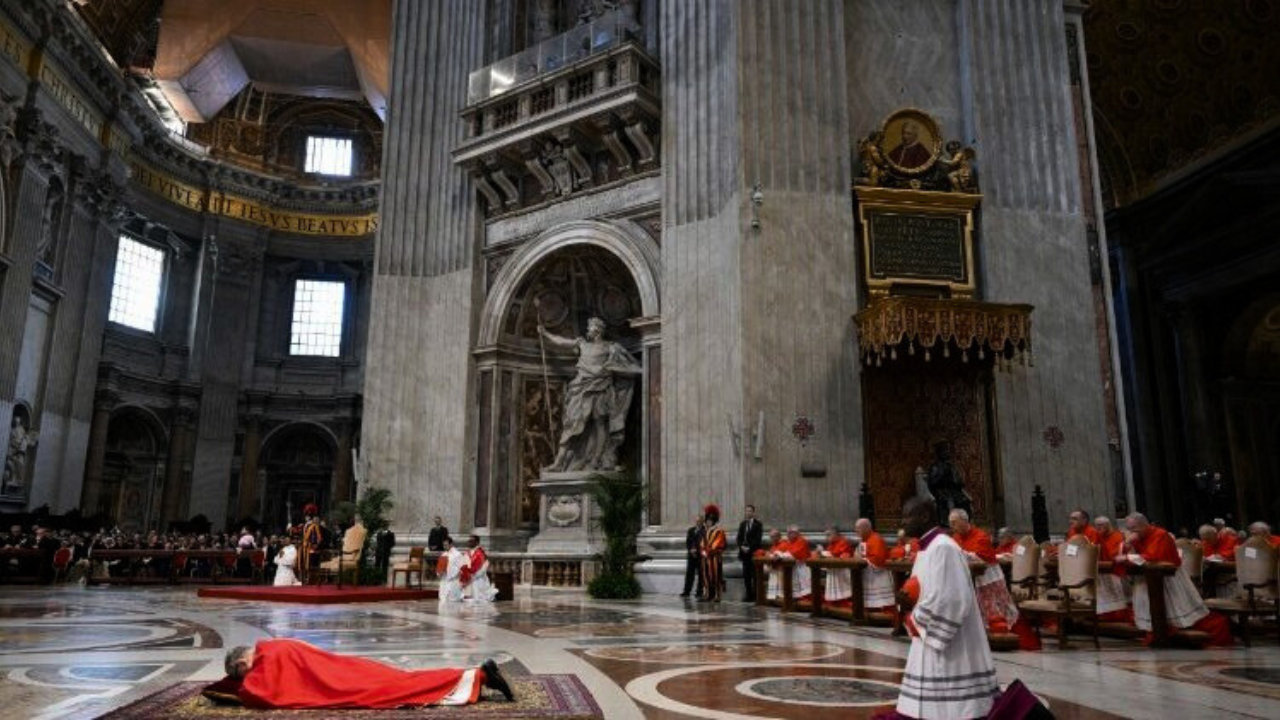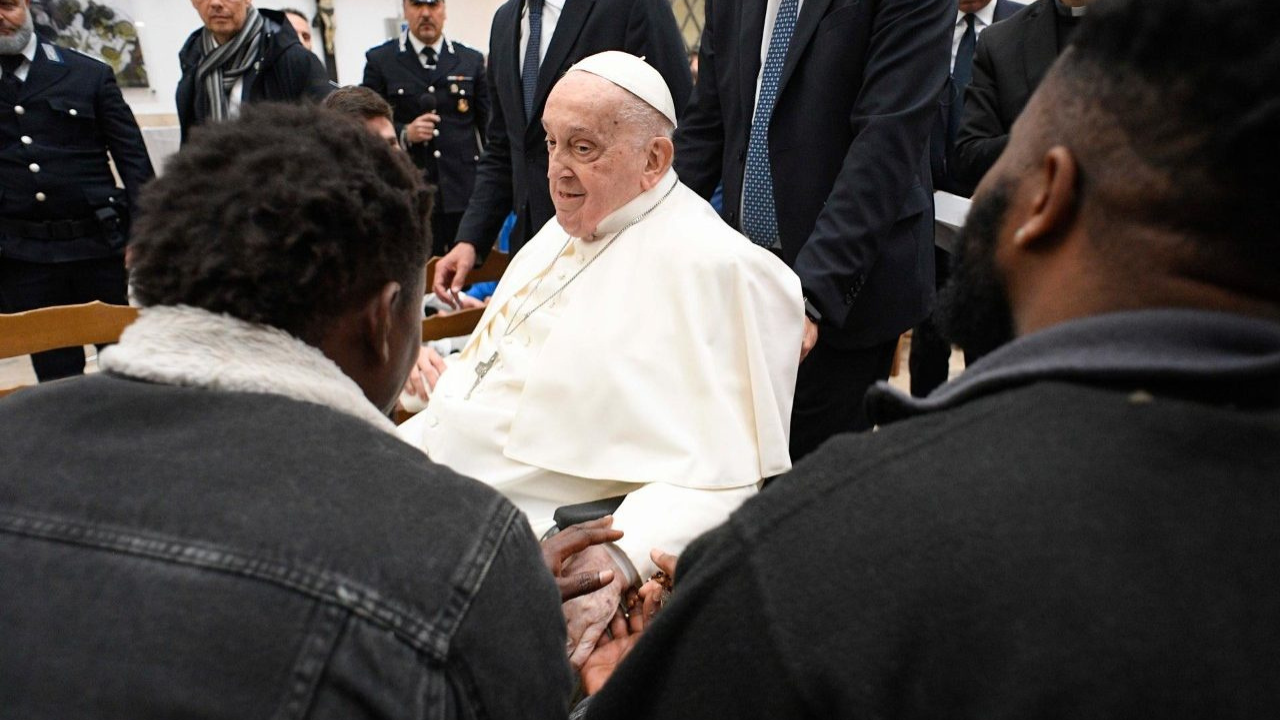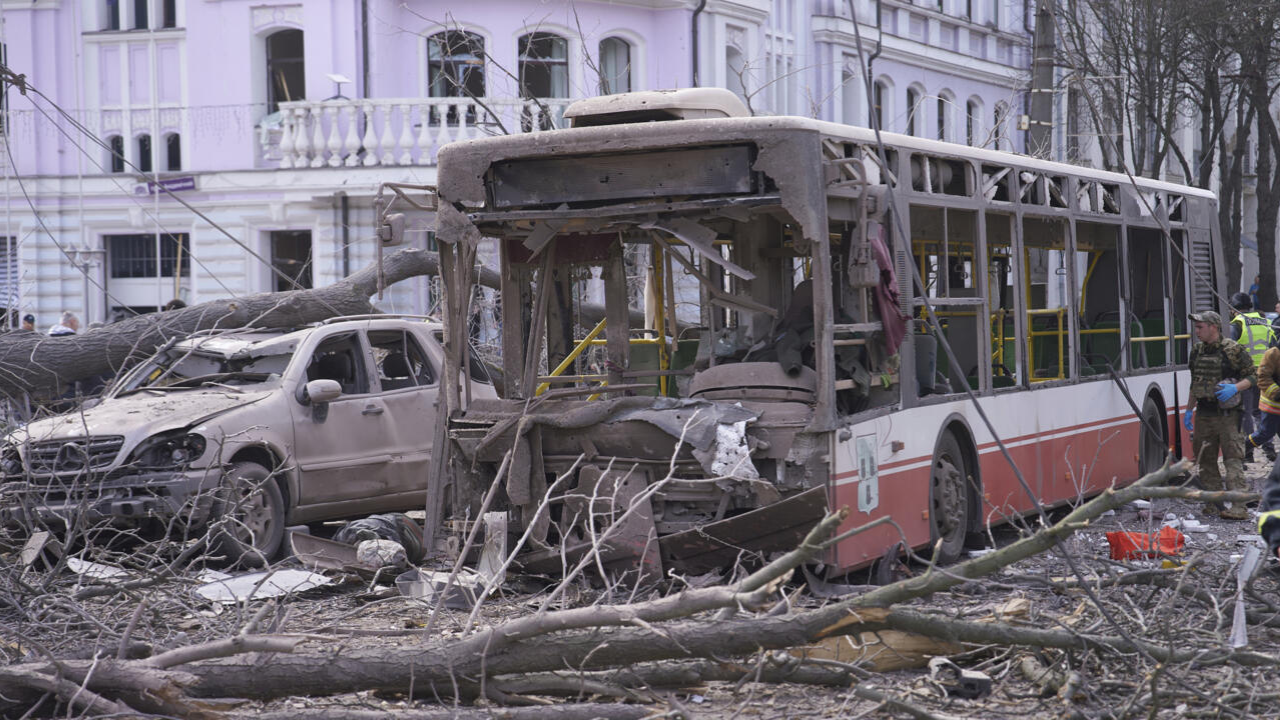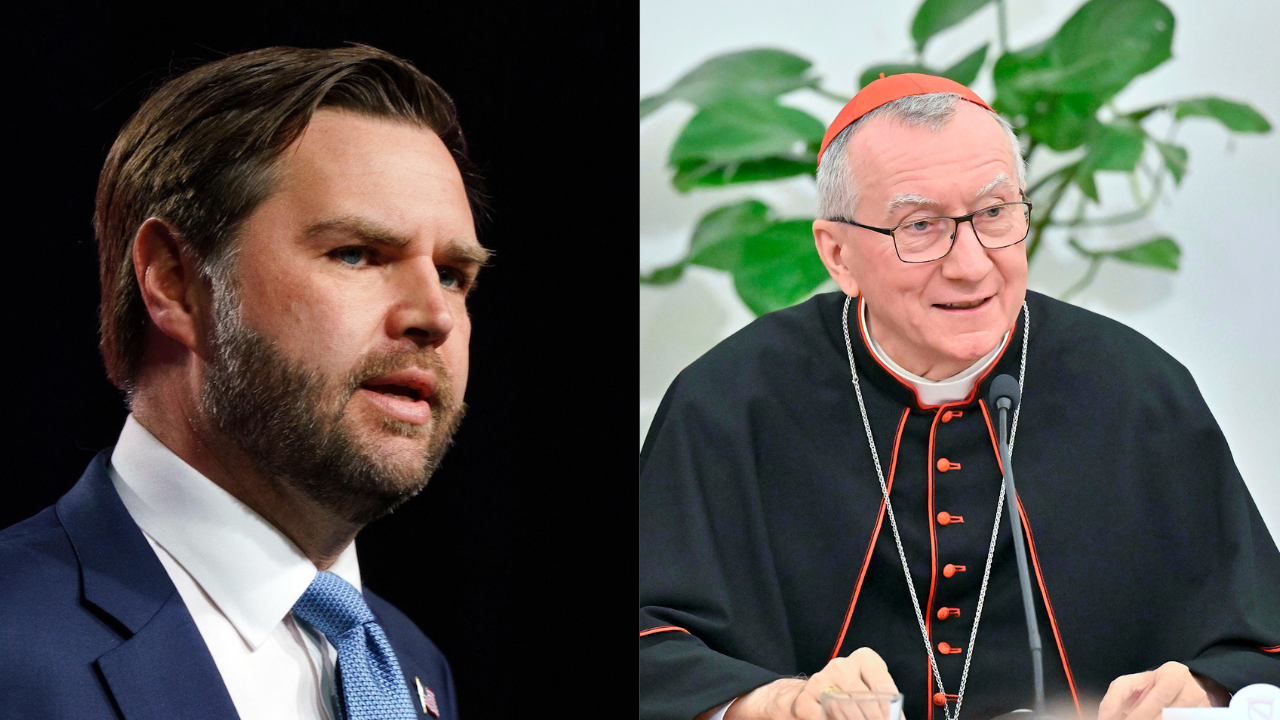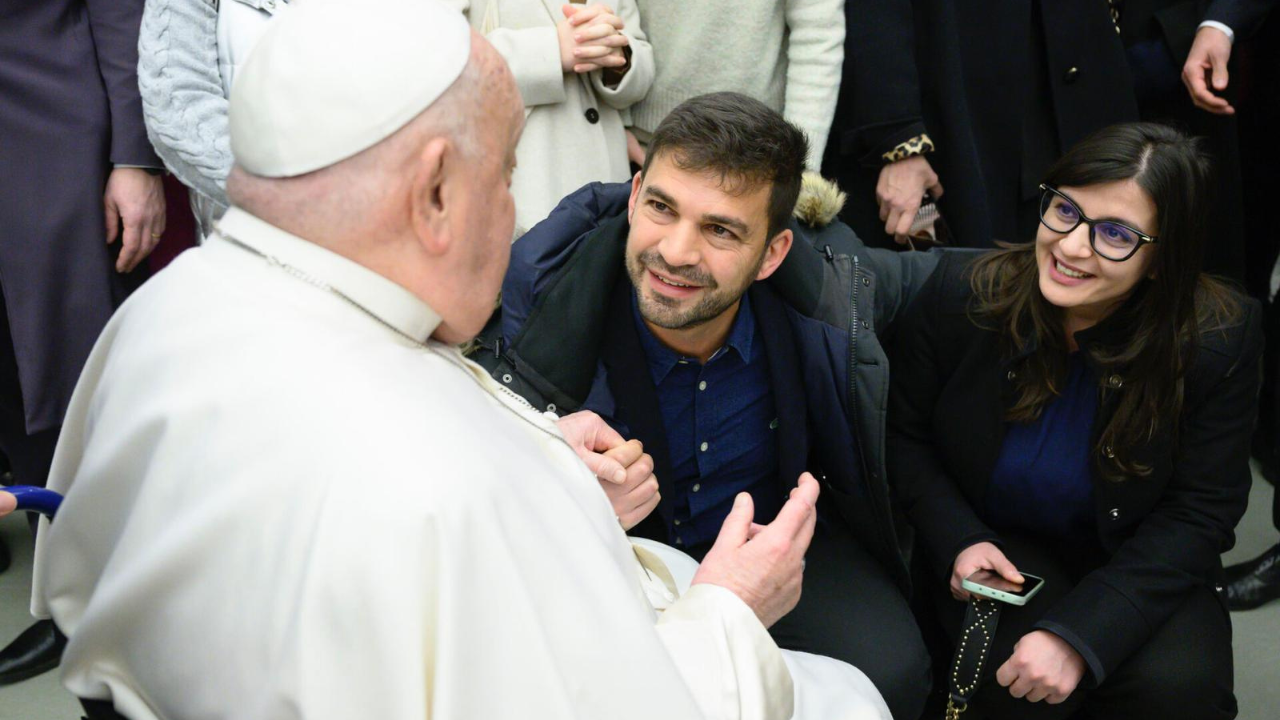Achieving peace has been a pillar of Francis’ papacy. And this New Year, Pope Francis chose the challenges of artifical intelligence as the focus for the 57th World Day of Peace.
In his message, Pope applauded the progress of technology and its positive impact on humanity. But he also warned against the way AI can impact war. He wrote:
“The ability to conduct military operations through remote control systems has led to a lessened perception of the devastation caused by those weapon systems and the burden of responsibility for their use, resutling in an even more cold and detached approach to the immense tragedy of war.”
And as explained by Cardinal Michael Czerny at a Vatican press conference, the Pope also emphasized the necessity of responsibility and education regarding this new technology.
CARDINAL MICHAEL CZERNY
Prefect, Dicastery for Promoting Integral Human Development
It takes an enormous effort even to understand—much less to understand enough to exercise responsibility. And this I think is the point of the Holy Father's message.
Imagine if we had had a message at the beginning of the industrial revolution calling us to exercise responsibility. Imagine.
Despite the clear concerns that come with artificial intelligence, Pope Francis ends his message for the 57th World Day of Peace on a hopeful note. He is looking towards the future, with the hope that “artificial intelligence will not increase inequality” but rather be used to put an end to war.
AT
